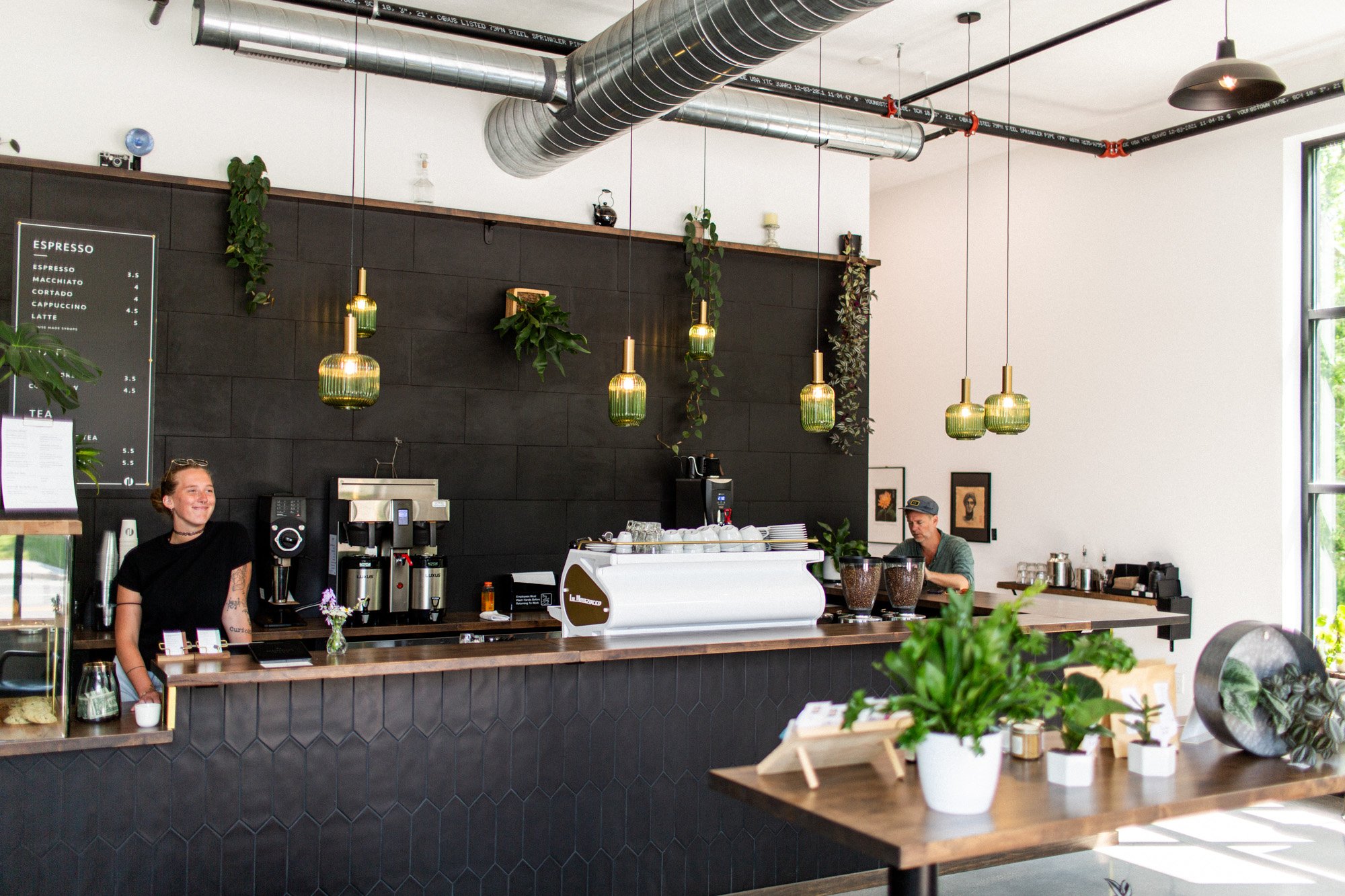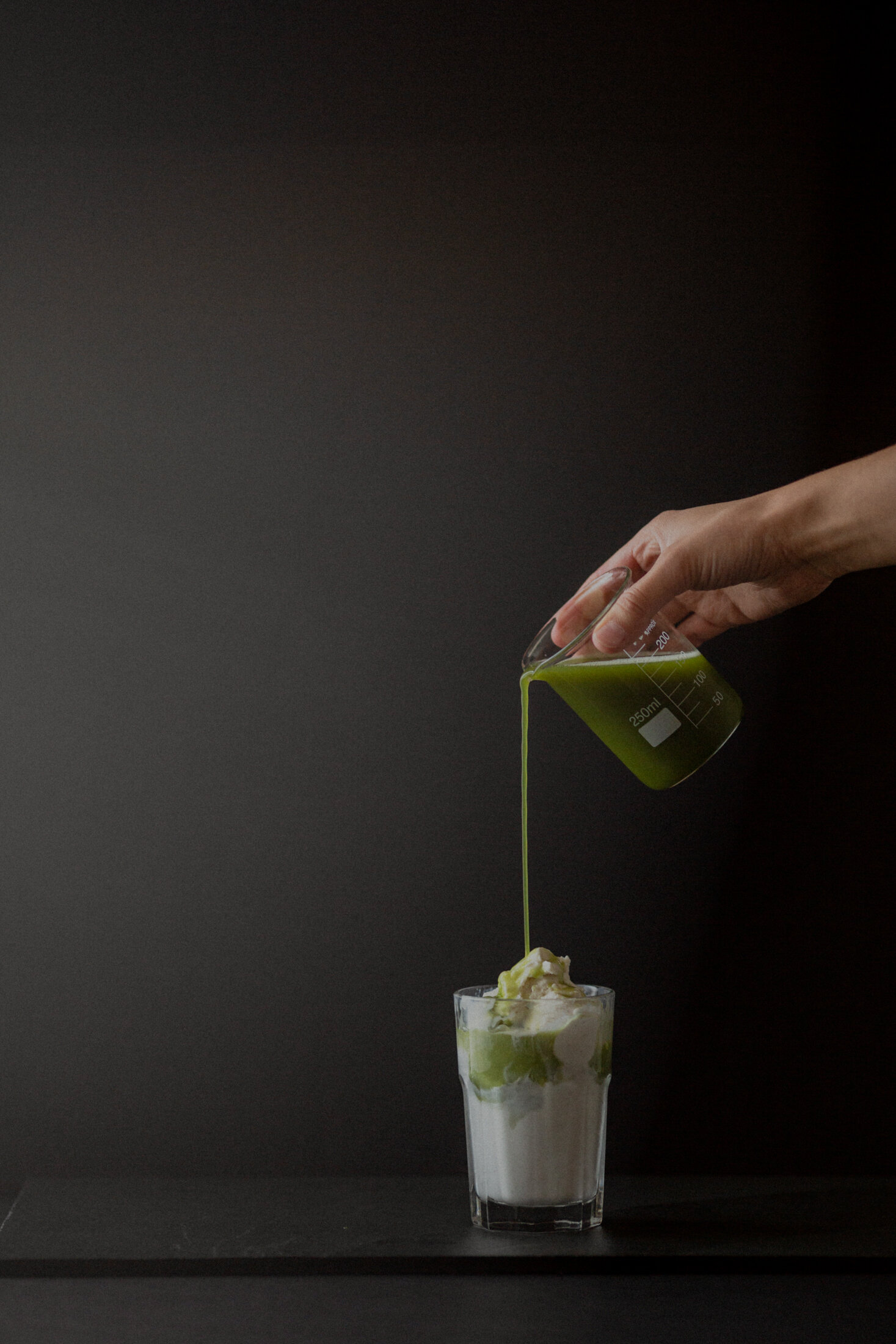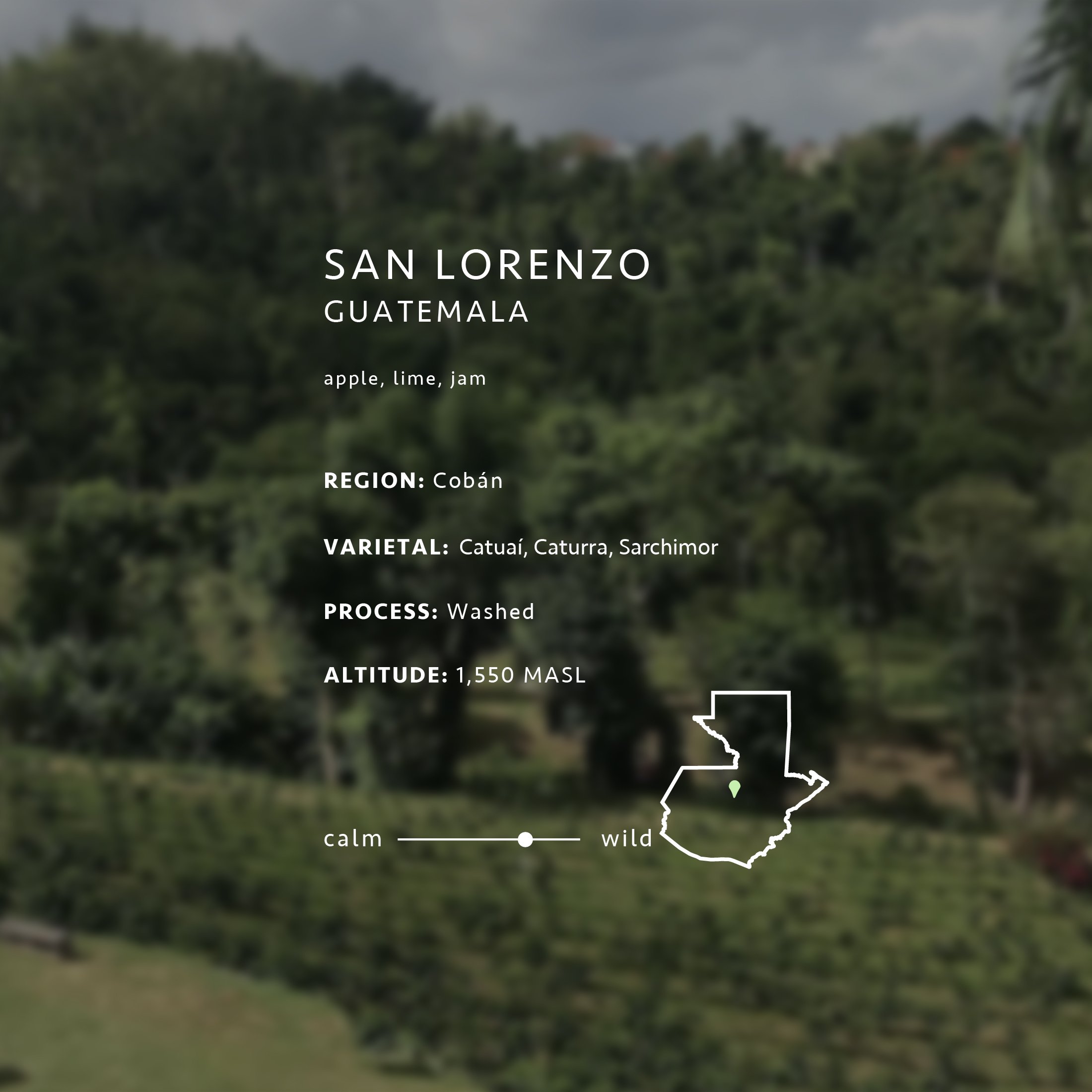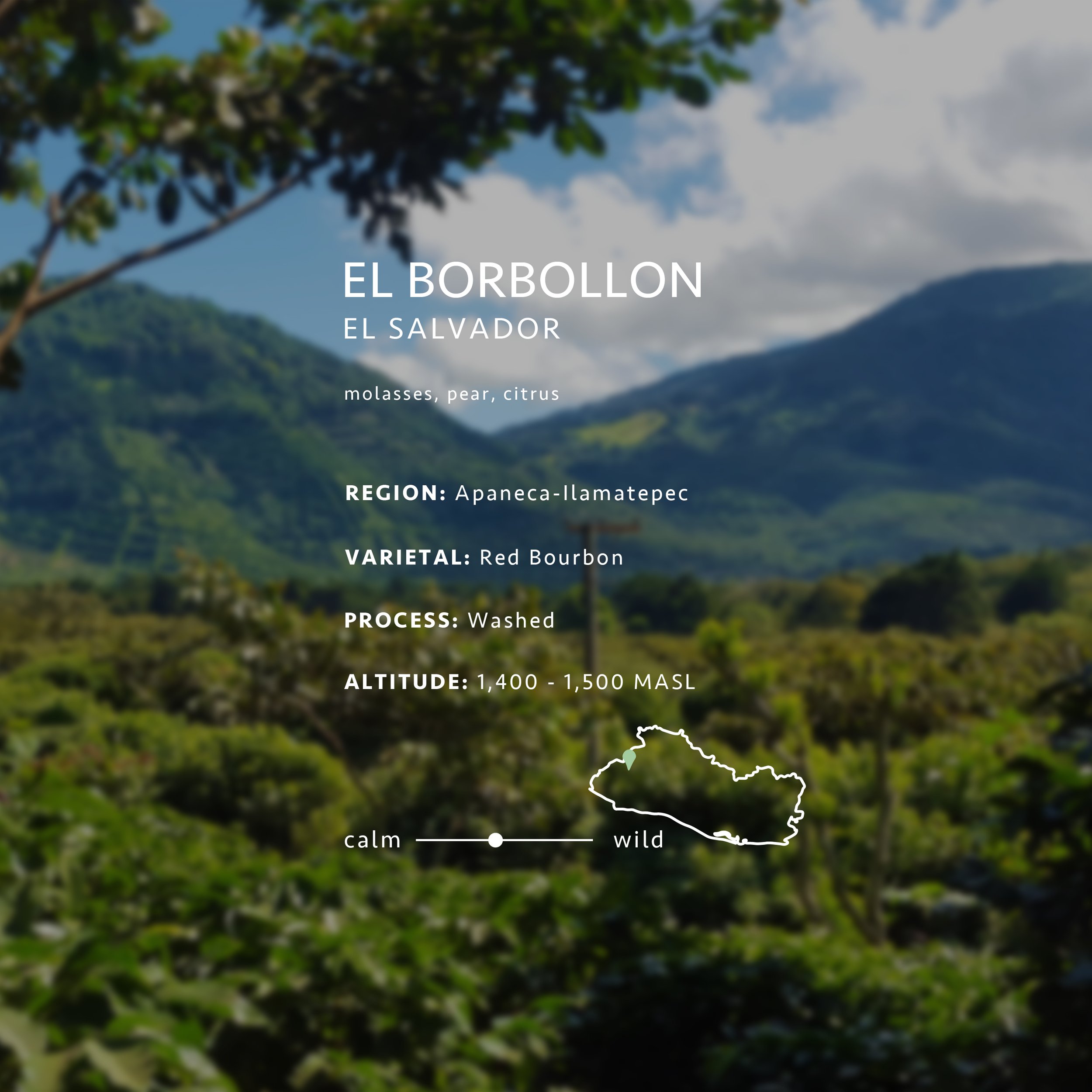Exceptional new coffees from Guatemala and Ethiopia have just landed in our roastery. On slow bar and shelves now!
Journey with us as we taste and explore beautifully unique coffees.
Read more about each coffee below!
Enjoy this exotic tasting Guatemala coffee with notes of lime and jam, this adventurous coffee packed full of flavor and acidity.
GUATEMALA | SAN LORENZO
[GWAT-AH-MAL-UH • SAN • LAH-REN-ZOH]
Notes:
Apple, Lime, Jam
Varietals:
Catuaí, Caturra, Sarchimor
Process:
Washed
Elevation:
1,550 MASL
Located near the town of San Cristóbal Verapaz, in the cool, rainy reaches of Cobán, Guatemala, Finca San Lorenzo nestles in the verdant hills at around 1,500 metres above sea level. San Lorenzo is the Valdés family’s second farm, purchased in 1987 as a sort of ‘little brother’ to another of our favourite Guatemala farms, Santa Isabel. When Lorenzo was first bought, there was only one small plot of land under coffee. Today, the family have developed 20 different lots under coffee, covering 110 hectares of the farm. The remaining 35 hectares are under forest cover.
Incredibly silky and sweet, you don’t want to miss this washed Ethiopia. Notes of peach and brown sugar.
ethiopia | Acacia guji
[EETH-EE-OPE-YA • AH-KAY-SHA • GOO-JEE]
Process:
Washed
Elevation:
2,000 MASL
Notes:
Brown sugar, Peach, Silky
Varietal:
Heirloom
Named for Ethiopia’s national tree, Acacia Core Coffee comes from smallholder farmers in the Yirgacheffe and Guji regions. The sweet, fruity profile of Ethiopia Acacia Washed is selected to represent the classic flavors of some of Ethiopia’s best recognized coffee producing regions. Ethiopia Acacia Washed is produced by the smallholder farmers who characterize the coffee production landscape of Ethiopia.
In these southern regions of Ethiopia farmers pick coffee selectively, harvesting only ripe cherries individually by hand. Pickers rotate among the trees every eight to ten days, choosing only the cherries which are at peak ripeness. Coffee is depulped and washed by hand in cement canals at community washing stations. After fermenting in water to loosen the mucilage, wooden paddles are used to fully wash the coffee. Coffee is then placed on raised beds to dry in the sun.
Thanks for reading, now enjoy some delicious coffee!
Take it easy.















































Mundos 305 open until 8pm, starting May 17. Coffee. Food. Community.